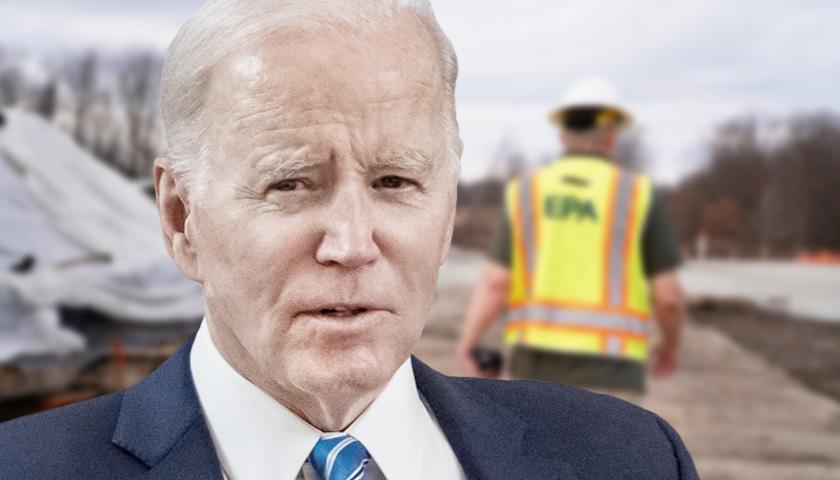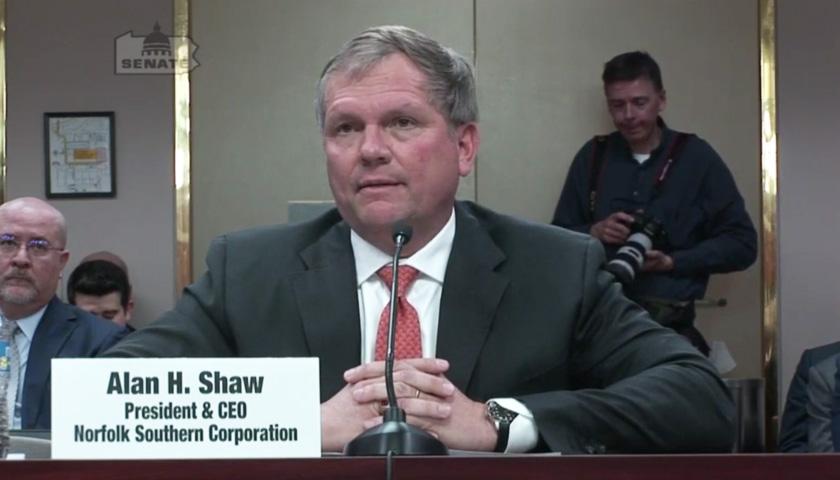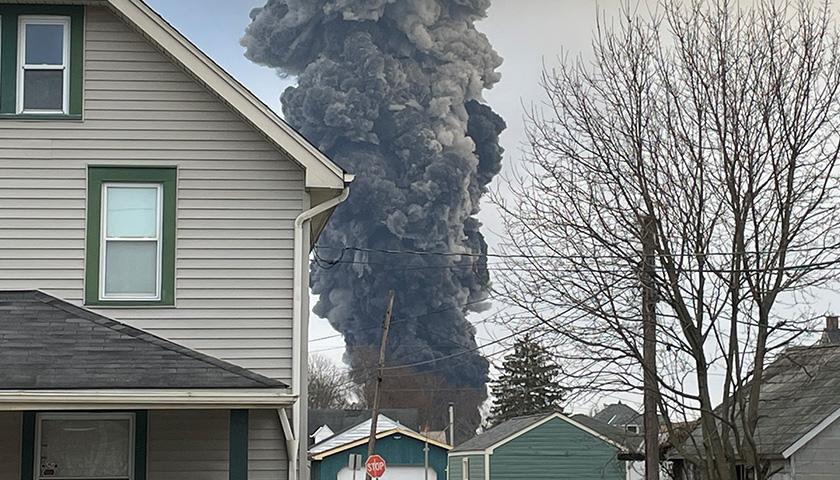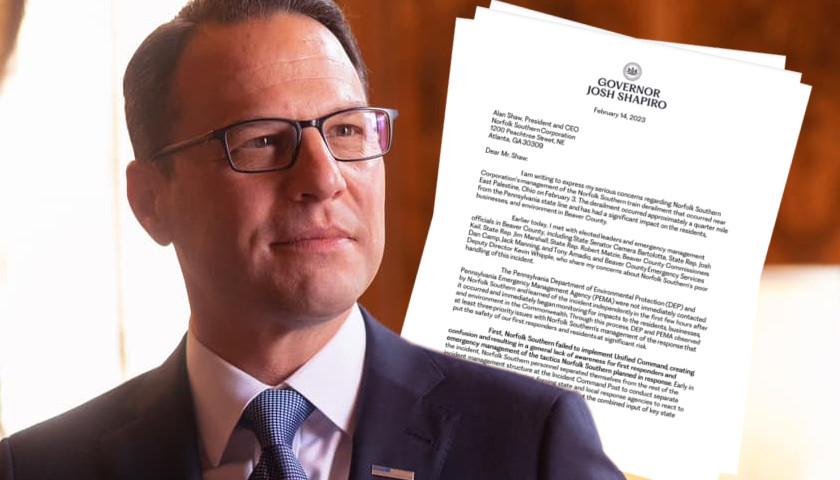Two Pennsylvania state senators announced this week they are introducing a companion bill to a house-passed measure designed to improve rail safety.
Senate action on the bill sponsored by State Senators Katie Muth (D-Royersford) and Lindsey Williams (D-Pittsburgh) would advance the legislation toward Governor Josh Shapiro’s (D) desk. The house version passed that chamber 141-62 earlier this month with the support of all Democratic representatives and a sizable minority of Republicans.
Read More












